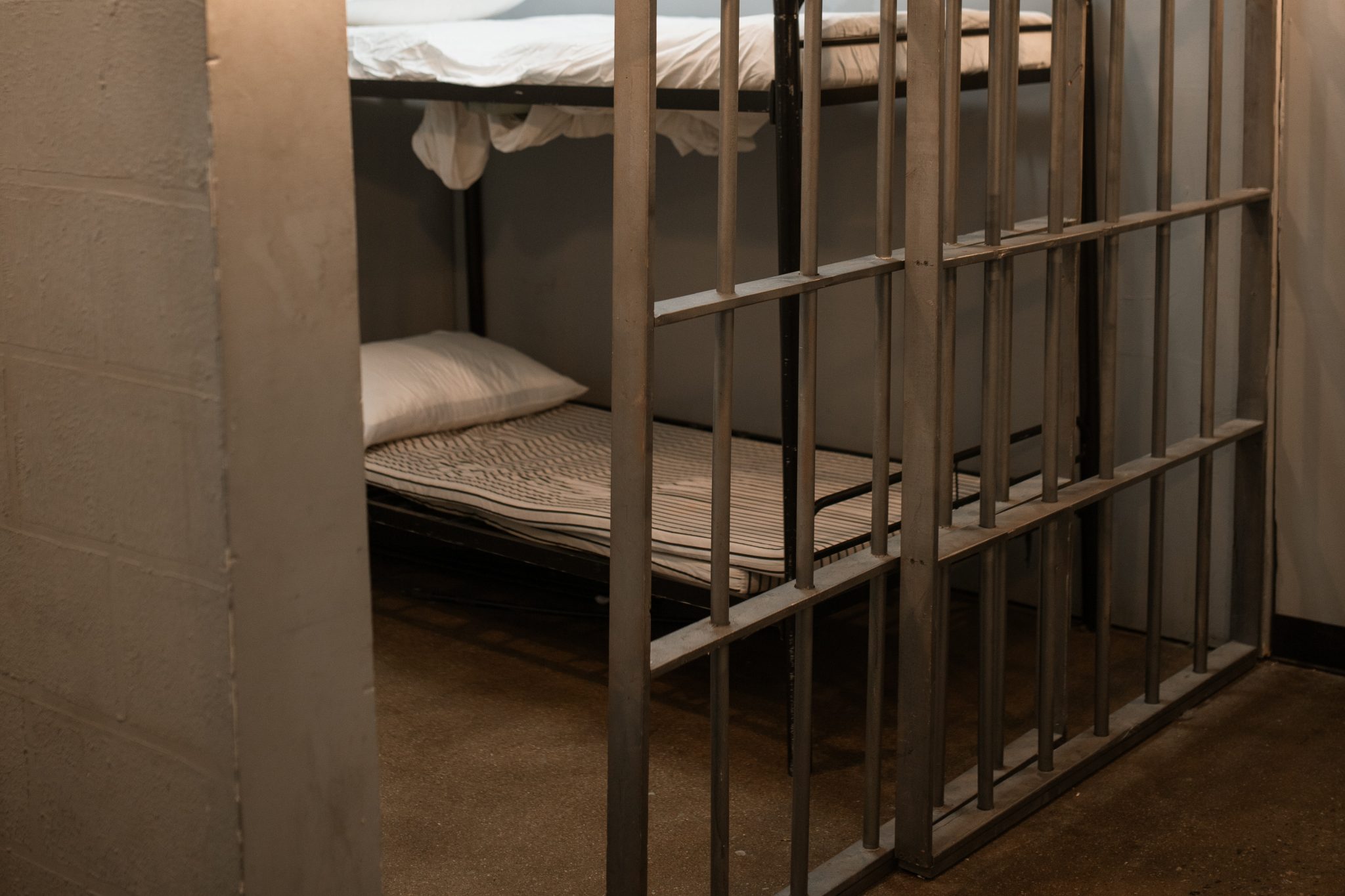Views expressed in opinion columns are the author’s own.
As we continue to plead for air conditioning in dorms here at the University of Maryland during yet another scorching summer, the problems associated with extreme heat are far more dire for a particularly vulnerable and marginalized population: incarcerated people.
While the climate crisis continues to alter our society, legislators must step up. They need to start recognizing the personhood of incarcerated people and mandate air conditioning in prisons everywhere, to pursue a criminal justice system rooted in humanity instead of cruelty.
Incarcerated people are currently left to face the heat without shade or reliable access to water, with prison temperatures reaching up to 149 degrees in some cases.
Since 2001 in the state of Texas alone, hundreds of incarcerated peoples’ deaths can be at least partially attributed to heat in prisons without air-conditioning. More are practically guaranteed to be killed by the lethal combination of inaction and rising temperatures.
But this isn’t a bug of the American prison system. It’s a feature. The system was built on and continues to prioritize cruelty. That cruelty does nothing to make anybody safer and only further separates people who have been incarcerated from any hope of reintegrating back into society outside prison walls.
Death is just the tip of the iceberg when it comes to the effects of torrid heat. Violent interactions in prisons increase with more intense heat. What else could one expect from a situation so dire that inmates intentionally overflow toilets to take solace on wet concrete?
As a society, we have rightfully recognized that it is inhumane to leave a pet in a hot car for fear of potential harm. In this context, pets are essentially assigned more rights than some people.
While some may point to criminal guilt as a reason to render such people as less entitled to care, the truth is that this thinking helps nobody. It’s logic that further silences the voiceless and marginalizes vulnerable people who are already serving sentences.
If these conditions sound like cruel and unusual punishment, that’s because it is.
Courts in Arizona, Mississippi and Wisconsin have ruled that incarceration in decidedly hot or cold conditions is unconstitutional and violates the Eighth Amendment. Texas legislators have passed bills to fund air conditioning in prison, but those initiatives were shot down in the Senate — unlike the state’s laws requiring animal shelters to remain under 85 degrees.
While some may point to the cost of air conditioning as a reason to avoid installing it in prisons, there are far greater moral penalties associated with a system that can arbitrarily decide the validity of human rights based on a price tag.
A violation of rights costs a society much more than an air conditioning unit does, especially when states end up spending more on damages caused by a lack of air conditioning than installation would have cost.
The heat also affects correctional officers — who have air conditioning to go home to. The lack of air conditioning in Texas prisons is manufacturing record-breaking turnover rates for officers, who can’t be asked to work a job where someone passes out weekly. If the state is willing to antagonize incarcerated people to the point innocent prison employees are at constant risk of heat-related illness, then what kind of a system is it really running?
The refusal to do anything about these conditions is indefensible in one of the richest countries on the planet.
Be it we aren’t doing enough to combat the climate crisis, the least society can do is use technology to help its most vulnerable populations. These people are unfairly reaping what a punitive system that regards them with disdain has sown: sickness and death.
Whether it be those in pretrial detention or serving minor drug offenses, people in the carceral system are already caged, dehumanized and effectively banished from society. And in the summer, they are handed death sentences that no judge has issued and punishments that even pets aren’t allowed to endure. Instead, their blood rests on the hands of bureaucrats and policymakers who fail to do anything about it from their air-conditioned ivory towers.
A new philosophy in the world of criminal justice is long overdue. The bipartisan and humanitarian support for something that many of us take for granted is giving today’s leaders a chance to change it. They have to take it before it’s too late. The future of criminal justice ought to be based on building others up, not pushing them down into the depths of hell.
Rohin Mishra is a sophomore economics and government and politics major. He can be reached at rohinpmishra@gmail.com.



